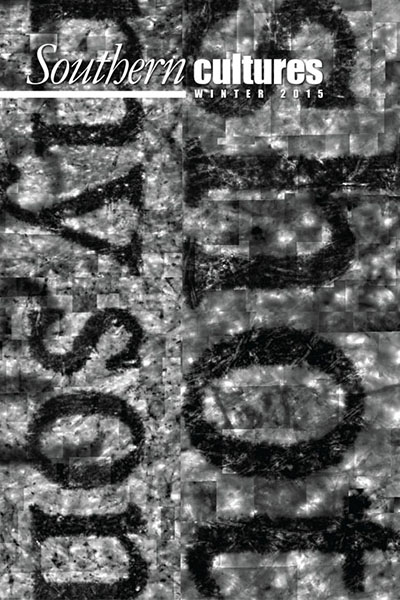“Cultivated not only by white architects of the New South creed but also civil rights activists across class and ideological strata, Atlanta’s image as the ‘city too busy to hate’ crumbled as its young Black residents were abducted and murdered.”
On May 25, 1981, an estimated three thousand people convened at the Lincoln Memorial in Washington, D.C., to protest the slayings of Black Atlanta youths. Rally organizers framed the demonstration as part of the March on Washington tradition. Promotional materials urged attendees “to help pave the way to living a reality that once was a dream ,” evoking Martin Luther King Jr.’s canonical 1963 speech. Therein King had shared his vision for a society in which his and other children could transcend the racial prejudice that negated the American precepts of freedom and equity. Eighteen years later, speakers at the Atlanta rally seemed less hopeful and more fearful for their children. “Across this country our children are being killed in many ways,” Camille Bell, a victim’s mother, lamented. “And our future is being wiped out.”


